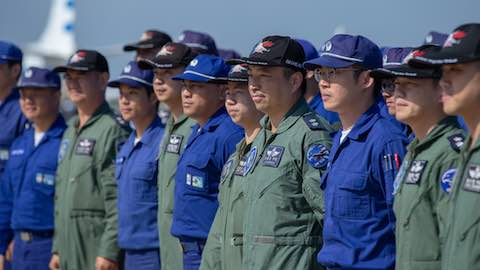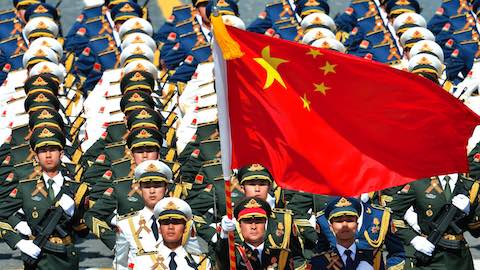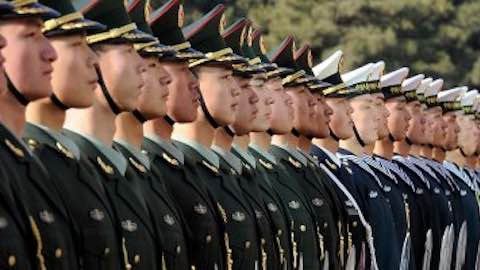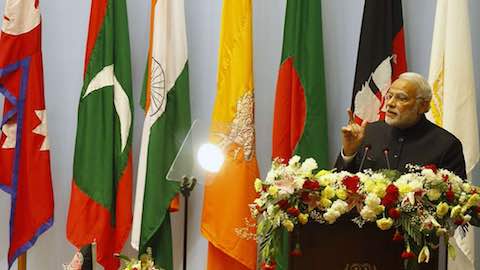- MENU
- HOME
- SEARCH
- WORLD
- MAIN
- AFRICA
- ASIA
- BALKANS
- EUROPE
- LATIN AMERICA
- MIDDLE EAST
- United Kingdom
- United States
- Argentina
- Australia
- Austria
- Benelux
- Brazil
- Canada
- China
- France
- Germany
- Greece
- Hungary
- India
- Indonesia
- Ireland
- Israel
- Italy
- Japan
- Korea
- Mexico
- New Zealand
- Pakistan
- Philippines
- Poland
- Russia
- South Africa
- Spain
- Taiwan
- Turkey
- USA
- BUSINESS
- WEALTH
- STOCKS
- TECH
- HEALTH
- LIFESTYLE
- ENTERTAINMENT
- SPORTS
- RSS
- iHaveNet.com: Taiwan Current Events
Countries
Argentina | Australia | Austria | Benelux | Brazil | Canada | China | France | Germany | Greece | Hungary | India | Indonesia | Ireland | Israel | Italy | Japan | Korea | Mexico | New Zealand | Pakistan | Philippines | Poland | Russia | South Africa | Spain | Taiwan | Turkey | United Kingdom | United States
-
It is a time of tension in East Asia with growing nationalism, territorial claims between Japan and its neighbours and the persistent challenge of a nuclear North Korea
-
Taiwan again defied China's concerns and claimed to have made progress on a multi-billion dollar arms deal with the United States
-
Asia has one of the largest concentrations globally of aging persons, creating a host of potential challenges
-
All seems placid in the Far East. There is, of course, the lunatic regime of North Korea. However ... China seems content with its political menu of stability, reassurance and an ever-growing economy. Japan has ceded its place as No. 2 in the world economy to China, and now seeks to reconcile its impressive industrial base. Singapore, South Korea and Taiwan push on in becoming more rich
-
Control over the South China Sea is more than just a practical matter and goes to the center of China's foreign policy dilemma: how to assert its maritime claims while maintaining a non-confrontational foreign policy
-
Asia is spending more on the military and selling more weapons to the world
-
Only the United States seems to have an affinity for protecting tiny, vulnerable countries. Israelis, anti-communist Chinese, Kurds, Greeks and Armenians have a few things in common. They have relatively small populations, aggressive neighbors, few strong allies, many expatriates and refugees in the United States, and a tragic history of persecution and genocide
-
China, of course, remains determined to bring about Taiwanese 'reunification.' But Taiwan is a thriving democracy, and almost no one here favors that. They don't trust China, even for a minute, and see a dark motive behind everything Beijing does. This 61-year-old conflict animates everything that happens here
-
The rapid economic development of Asia since World War II has forever altered the global balance of power. These countries recognize the importance of an educated work force to economic growth, and they understand that investing in research makes their economies more innovative and competitive.
-
Since 2005, the island republic of Taiwan has been moving toward a closer relationship with China. As with Finland, the shifts have been motivated by Taiwan's desire to preserve its autonomy and democracy by ameliorating Beijing's fears of U.S. influence in the region. And, as with Finland, the shift will come at some cost
-
The rise of China will likely be the most important international relations story of the twenty-first century, but it remains unclear whether that story will have a happy ending. Will China's ascent increase the probability of great-power war? Will an era of U.S.-Chinese tension be as dangerous as the Cold War? Will it be even worse?
-
Taiwan, according to Shelley Rigger, is a small and beautiful island, but also a global powerhouse
-
The Asian 'little Tigers' -- Singapore, Hong Kong, South Korea, Taiwan and Macau -- have small families. In one ranking of total fertility rates, these places are at the bottom, with rates of 1.25 or below. The consequences of this are stark
-
When the Seychelles announced the invitation for China to set up a military presence, Indian, American and Taiwanese policy analysts wrote that this was further evidence of a 'string of pearls' strategy to encircle India with naval bases leased by China
-
A growing number of territorial disputes between China and its neighbors has fed concerns that Beijing has abandoned its 'peaceful rise' for a more aggressive stance. Four experts answer the question: How should Washington respond to China's new assertiveness in its near abroad?
© iHaveNet.com




